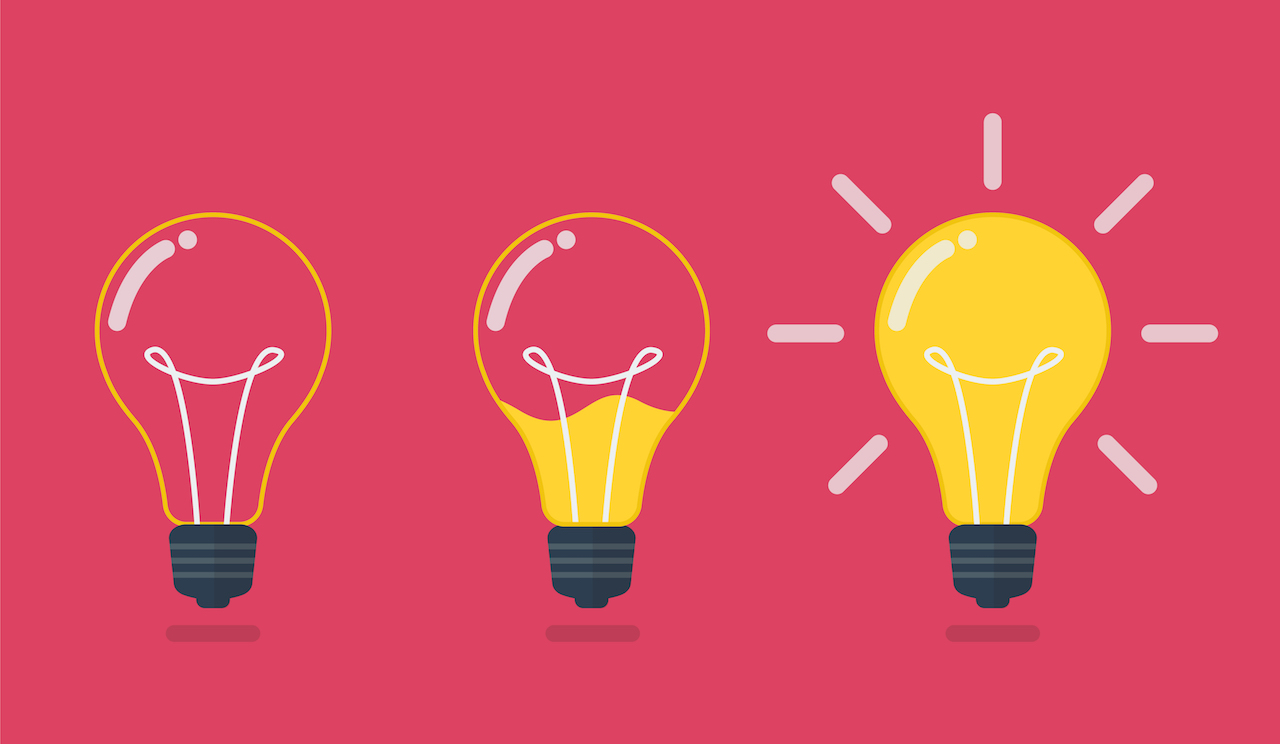Between juggling your assignments, social life and attending classes, it can be difficult to keep up the motivation to study. A key to keeping your motivation on track is to set realistic goals, and changing your mindset. Here are some key pointers:
Keep the end in sight
Before you get started, know what you’re working towards. Choose realistic goals which still challenge you. For example, if you’re bad at maths, you can’t expect to be a numbers whizz within two days. Instead, an accurate goal would be to work for a full week at improving at a specific section of maths. Post your goal somewhere you can see it every day to keep yourself motivated. You could hang a list of your goals above your bed, your desk or create reminders on your phone.
Visualise your success
A great way to encourage yourself to stop procrastinating is to think about how it’ll feel to achieve your goals. For example, picture yourself seeing distinctions in your next exam results. Imagine how happy it’ll make you feel to finally graduate. Your loved ones will be proud of you, you’ll have a chance at the career you want and you’ll finally be successful. You can also try this when you’re feeling demotivated.
Perfect your study space
A comfortable place to study is the best way to avoid procrastination. Having everything you need within reach gives you a head start on study sessions and a clutter-free environment means you won’t waste time picking up after yourself. A clean space also means fewer distractions, so tidy up and stock your desk drawers with enough pens, paper and snacks.
Set a schedule
To ensure that you don’t study in random bursts or procrastinate, set study times and stick to them. This means you’ll have enough time to study for your exams and complete assignments in-between. Best of all, you can include downtime in your schedule which will be seen as a treat. This way, you’re less likely to skip out on studying and will have a break to look forward to, which will keep you on the study straight and narrow.
Get going
The most difficult part of most things is getting started, and particularly when you don’t find something enjoyable. Set yourself a small goal at first, like hitting the books for 15-20 minutes without a break. You’ll see that it’s not as bad as you thought and you may find yourself committing to more time.
Play some tunes
Ever noticed how you’re more focused at the gym when you’re listening to music? The same can apply when you’re studying. Play music that pumps you up before you start studying, then switch to something more soothing to help you focus. Avoid songs with lyrics when you study and rather choose instrumental music.
Reward yourself
It’s difficult to work at something you don’t particularly enjoy or struggle with, so if you make progress, treat yourself! Do this when you’ve reached a milestone like getting a better grade, studying every day or finally understanding something you’ve struggled with. Treating yourself could be anything from having your favourite meal, a trip to the movies or playing video games.












